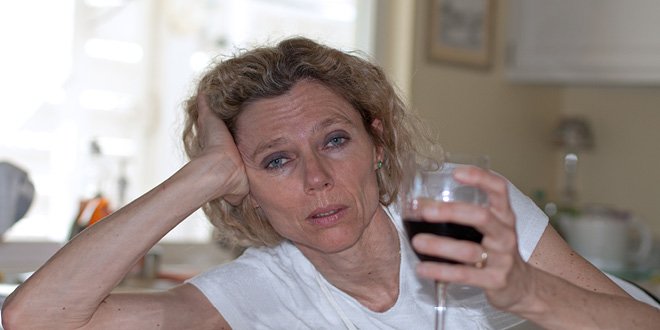According to the dictionary addiction means:
1. Being abnormally tolerant to and dependent on something that is psychologically or physically habit forming (especially alcohol and narcotic drugs).
2. An abnormally strong craving.
3. (Roman Law) a formal award by a court sentence of a thing or person to another (as of a debtor to his creditor), a surrender to a master; “under Roman law, addiction was the justification for slavery”.
The Chinese have a saying about heroin ‘You begin chasing the dragon but then it jumps on your back and begins chasing you’. Jackie Pullinger, the British woman who set up a ministry in Hong Kong t, wrote a book about her experiences there in ‘Chasing the Dragon’.
This expression relates to smoking heroin, but it could be applied for all mood altering drugs, alcohol, painkillers, tranquilizers, speed, solvents, LSD, cocaine, heroin, crack, ecstasy, barbiturates, and cannabis. It can apply to adrenalin based addictions like gambling, sex, shopping, people (co-dependency) and eating disorders.
Addiction doesn’t just happen. There is a progression towards chemical dependency, or any other addiction. It passes through four main stages.
1. Experimental Stage of Addiction
The Experimental Stage could happen out of curiosity or peer pressure. The user may say “I’ll just try it I don’t have to use it again” The user may experience pleasure or mood swings. The outcome may be intoxication or being stoned, or a ‘rush’ of some sort. Many who experiment with drugs do not progress to the next stage of addiction.
This may start in early teens (sometimes younger) with trying alcohol, cigarettes or cannabis. It is easy to get high because of the body’s low tolerance. Often done with their peers away from a parent or guardian. It may be seen as acting grown up, or a simple act of rebellion.
2. The Recreational Stage of Addiction
During the recreational stage the user may use at the weekends with friends, just to unwind from a stressful week. Looking for relief. Tolerance increases and more substances may be used, amphetamines (speed), larger quantities of alcohol. Symptoms may include stopping out late, suffering hangovers.
The user is by now starting to plan for use. Waiting for the weekend to be with friends, but also risk taking may increase by smoking on the way to school. Starting to lie about how much, and what is being used. Parents may react at this stage by grounding their child.
3. The Early Dependency Stage
During this stage, the regular user becomes an abuser. Now maintaining an addictive lifestyle that starts to affect others. The young user may be missing school and stealing money to feed the habit. Older users may be struggling to keep their job and running up debts. There is a daily preoccupation to source drugs and this often leads to meeting dealers.
4. The Full Dependency Stage
During this stage of addiction, there is a self destructive and compulsive desire to escape to oblivion, or escape from reality. Sobriety is too difficult to face. If left untreated, the addict may now face despair and risks premature death through overdose, suicide, accidents or side effects. Many end up with legal problems, imprisonment and family breakdown.
Addiction causes two main problems, a chemical (or an adrenalin) dependency problem, and a lifestyle problem. These are explored within the framework of other articles. Has addiction faced you or your family?
About the Author:
Alan J Butler is a Recovery Coach and has worked with recovering addicts and ex offenders for the last 10 years. He spent 3 years living on site as a staff member of the Ovis Farm Project in Devon, England. He is an Associate of Life for the World Trust, an organisation whose aim is to equip the church to reach marginalised people. He holds a Diploma in Coaching & Mentoring from the Institute of Counselling, Glasgow. He welcomes comments at http://www.therecoverycoach.co.uk


